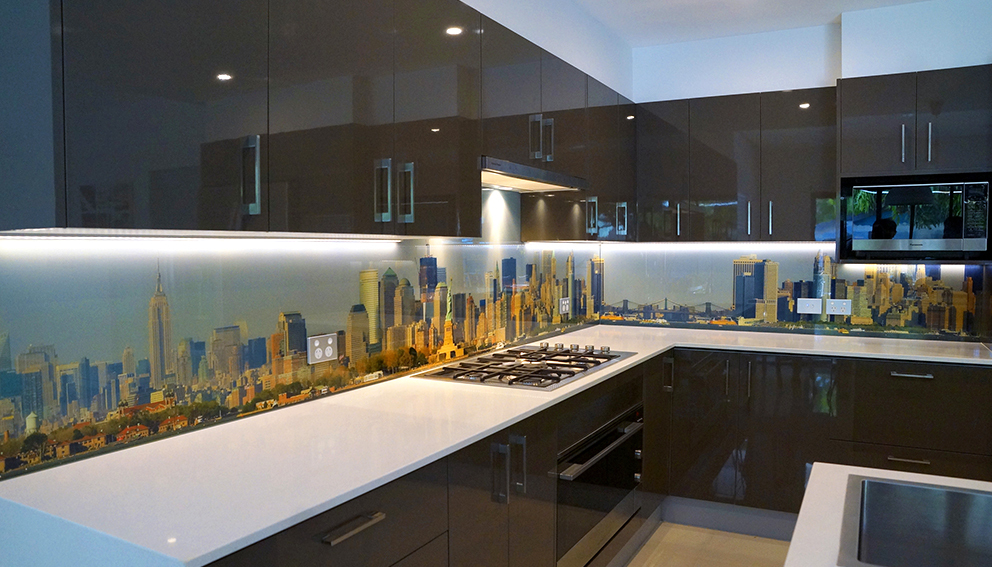Introduction
Solar power has emerged as a viable and sustainable energy solution that offers numerous benefits to homeowners and businesses. As the world focuses on transitioning to clean and renewable energy sources, solar power has gained significant popularity. However, many people still have questions about how solar power works, its benefits, and the installation process. In this blog post, we will answer some solar Frequently asked questions (FAQs) to help you gain a better understanding of solar power and its potential for transforming your energy consumption.
What is solar power?
Solar power refers to the conversion of sunlight into electricity using photovoltaic (PV) panels. These panels contain solar cells that capture sunlight and convert it into direct current (DC) electricity. The electricity is then changed by an inverter from direct current (DC) to alternating current (AC), which is the form of electricity used in homes and businesses..
How do solar panels work?
Solar panels contain numerous solar cells made of semiconductor materials, typically silicon. When sunlight strikes the solar cells, it excites the electrons in the material, creating a flow of electricity. This electricity then harnesses and uses as a source of power.
What are the benefits of solar power?
- Renewable and sustainable: Solar power relies on the sun, a renewable resource, making it an environmentally friendly energy option that reduces reliance on fossil fuels.
- Cost savings: Solar power can significantly reduce or eliminate electricity bills, especially in areas with high electricity rates.
- Energy independence: Solar energy enables individuals and companies to produce their own electricity, minimizing reliance on the grid.
- Reduced carbon footprint: Solar power produces clean energy, resulting in lower greenhouse gas emissions and a positive environmental impact.
- Long lifespan: Solar panels have a long lifespan, typically ranging from 25 to 30 years, making them a durable and reliable energy solution.
- Increased property value: Homes equipped with solar panels tend to have higher resale values, as solar power is an attractive feature for potential buyers.
Is my location suitable for solar power?
Solar power can be harnessed in various geographic locations, as long as there is access to sunlight. Ideally, solar panels should be installed in areas with ample sunlight throughout the year. However, even regions with less sunshine can still benefit from solar power. As panels can generate electricity even on cloudy days.
How much do solar panels cost?
The price of solar panels might vary based on the system’s size, brand, and installation requirements, among other things. However, the cost of solar panels has significantly decreased in recent years. Lowering the cost of solar energy and increasing consumer access to it. Additionally, there are various financing options and government incentives available to help offset the initial investment.
When installing solar panels, how long does it take?
The installation timeline for solar panels can vary depending on the complexity of the project and the size of the system. On average, residential installations can be completed within a few days to a few weeks. However, it is important to consider factors such as obtaining necessary permits. Scheduling with the installation team, and any potential adjustments required for your property.
Will solar panels work during a power outage?
Standard grid-tied solar power systems are designed to shut off during a power outage for safety reasons. However, there are advanced systems available, such as hybrid or battery backup systems, that can provide power during outages. These systems store excess electricity generated by the solar panels in batteries. That can be used as backup power when the grid is down.
Any sort of roof can be used to put solar panels, right?
Solar panels are installed on various types of roofs, including asphalt shingles, metal, tile, and flat roofs. However, the condition and orientation of the roof, as well as the structural integrity, should be considered. Ideally, roofs with a south-facing orientation and minimal shading are best for maximizing solar energy production.
How much maintenance do solar panels require?
Solar panels generally require minimal maintenance. Regular cleaning of dust, debris, and any accumulated dirt recommends to maximize their efficiency. Additionally, it is important to ensure that the panels are not shaded by trees, branches, or other objects that can obstruct sunlight. Most solar panels come with warranties that cover any manufacturing defects, ensuring peace of mind for the longevity of the system.
Can I still use solar power if I am connected to the grid?
Yes, you can still use solar power if you are connected to the grid. Grid-connected solar power systems allow excess electricity generated by your solar panels to be fed back into the grid, earning you credits or compensation through net metering programs. During times when your solar panels do not produce enough electricity to meet your needs, you can draw electricity from the grid as usual. This setup provides flexibility and ensures a continuous power supply.
Conclusion
Solar power is a clean, sustainable, and cost-effective energy solution that offers numerous benefits to homeowners and businesses. By understanding the basics of solar power, its benefits, installation process, and maintenance requirements, you can make an informed decision about harnessing the power of the sun. Transitioning to Solar Installation not only reduces your carbon footprint but also provides long-term cost savings and energy independence. Consult with a reputable solar installer to answer your Solar Frequently asked questions and assess your energy needs and explore the potential of solar power for your home or business.












